Criticizing the Limitations of Maoism (Part 2)
Text/Magic Yiji
Correction/Fries Fries
However, once the dictatorship of the Political Bureau of the Central Committee is established and the bureaucratic dictatorship system is established, a large number of capitalist factors are injected into the field of production relations and the superstructure, thereby infinitely magnifying the residue of capitalist legal rights in production relations. It is fully amplified in the relations of production and the superstructure. In the end, the capitalist factor tends to be stronger than the communist factor, which eventually leads to the restoration of capitalism.
Therefore, we must use socialist political democracy and corporate democracy to completely eliminate the vestiges of capitalist legal rights in the sphere of superstructure and production relations. As long as the socialist democratic system is adopted, there is no need to face the problems of how to limit the capitalist-roader bureaucracy and how to prevent the restoration of capitalism, because these two problems are created by the bureaucracy (of course, we must continue to limit capitalism. legal).
At the same time, there will be no fierce class struggle in this situation, because the socialist superstructure and production relations will not always produce a large number of new bourgeoisie, and they will be immediately overthrown by the proletariat.
It has been demonstrated above that it is impossible to suppress the bureaucracy in the superstructure by relying on the mass organizations in the superstructure, and this is also the limitation of Maoism. Ignore the dominant role of government agencies and bureaucrats in the superstructure, and only see the influence of mass organizations in the superstructure. He hoped to limit the bureaucracy by activating the mass movement of the Cultural Revolution to limit the bureaucracy, but he just could not see that the government system in the superstructure should be reformed and the socialist multi-party democracy system should be implemented. . He always wants to maintain the vanguard, democratic centralism (ie, the dictatorship of the Political Bureau of the Central Committee), "there must always be a party", because this is the theory set by Leninism. Mao really hoped to use the superstructure of mass organizations to limit the bureaucracy under the bureaucracy. This is already a great progress compared to Leninism, but after all, it is only tinkering within the scope of Leninism and cannot solve the fundamental problem. It is useless to point out that the Leninist theory is fundamentally wrong and to tinker with it.
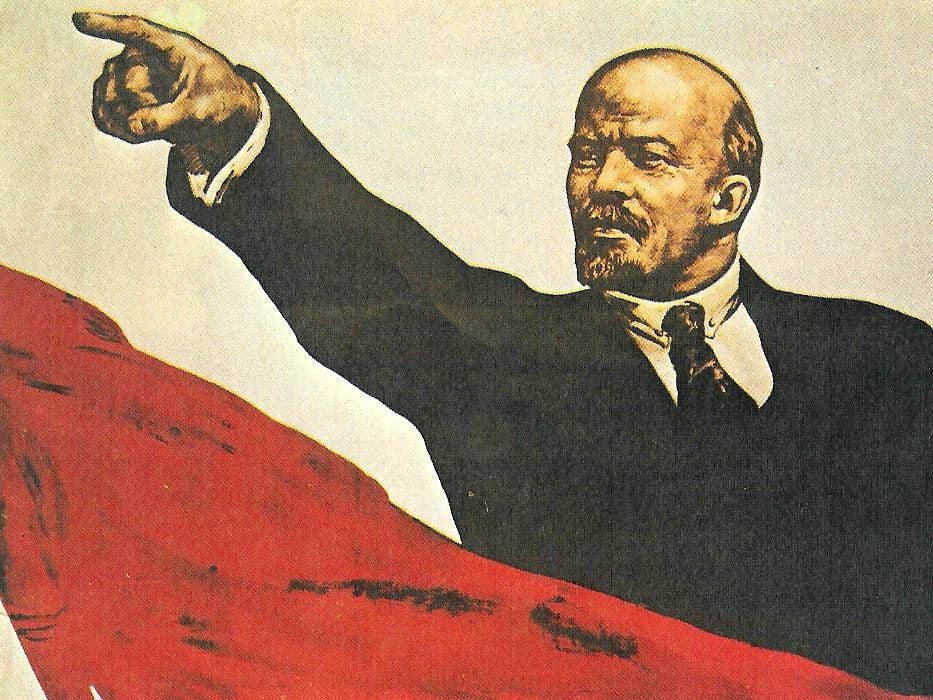
In fact, Mao also knew the importance of democracy. As he and Huang Yanpei said, how to jump out of the historical cycle rate:
We have found a new way, we can jump out of this cycle, and this new way is democracy. Only by letting the people supervise the government can the government not dare to relax; only when everyone rises up and takes responsibility will there be no "people perish and the government will die"
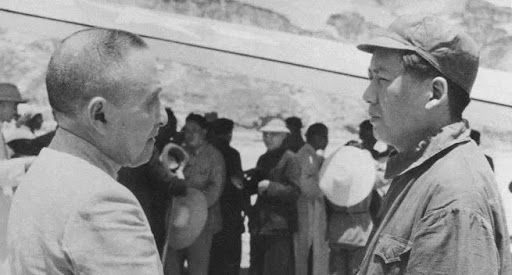
However, due to the influence of Leninism and Stalinism, as well as historical limitations, although he made many democratic attempts (the Cultural Revolution is the best proof), he was unable to get rid of the influence of Leninism and Stalinism.
However, there are still many important theories in Chairman Mao that we need to inherit.
First, he raised the issue of capitalist legal rights, followed by the division of the three worlds, and, of course, what is particularly important, how to carry out the new-democratic revolution in semi-colonial, semi-feudal or colonial countries, and in countries where the agricultural population is the majority.
But the most important thing for us is the mass movement.
Why is Mao's anti-corruption campaign (three anti-corruptions and five anti-corruptions) more effective than today's "anti-corruption" campaign? Because Mao was initiating a mass movement of the Three Antis and Five Antis. Let the people report, expose, supervise, participate in, and oppose the Rightist movement. The same is true of the Cultural Revolution, but today's sages are only confined to the superstructure of the bureaucratic group.
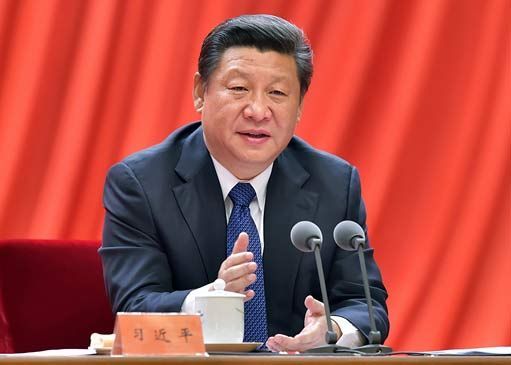
In major work, only by mobilizing mass movements, relying on the masses, and involving the masses, can it be successful.
Moreover, the mass movement itself is one of the important methods for raising the political consciousness of the proletariat. The proletariat can gain political experience and improve its theoretical level only when it uses the democratic system to participate in politics (elections) in peacetime, and when there is mass movement, can it gain political experience and improve its theoretical level. Of course, the government under a democratic system should also make efforts to educate the masses about politics. But no matter what kind of system, political education mainly depends on the masses themselves participating in elections and mass movements, and government indoctrination can only play an auxiliary role. After 30 years of indoctrination in New China, how many people really have high political consciousness in the end? The rebels only had so few people, and they finally recovered.
The vanguard monopolizes the political power, does not allow the masses to participate, but only instills knowledge into the masses, it is only possible to raise the political consciousness of a small part of the proletariat, but it is impossible to raise the political consciousness of the majority of the proletariat. Even if a small number of people have obtained some political ideas, they will not be able to gain political experience and practical experience. Undoubtedly, under such circumstances, the few conscious and scattered masses, who usually have no political experience, have no ability to resist the capitalist roaders coming to power and the repression of state organs.
And Mao himself also hoped to be able to educate the masses through these mass movements. However, his mass movements had a major drawback, and these mass movements were not initiated by the people spontaneously, but were initiated by the central government. It is not that the people hold the dominance of the movement, and democracy decides how the movement should be launched, but the people's involuntary actions under the leadership and command of the party committee. This made it difficult for Mao's mass movement to really educate the masses and improve their political level during the movement.
The central government requires a mass movement, and it is distributed at a level by level. When it comes to the county party committee, there may be a big difference in understanding. It is also possible that at this level, the bureaucrats have no idea why they want to start such a movement. So, under the leadership of the bureaucracy, the people did superficial work and passed the movement perfunctorily without getting into the heart. I don't know why, but to complete the task (for example, in the Criticism of Lin Piao and Confucius, the people did write a lot of big-character posters to criticize him, but the people didn't know why they were criticizing him. It was just that the bureaucracy asked for criticism, so the people just set it up. Go up those mandarin words and write out the articles criticizing Lin, but the people don't understand what these criticisms mean. , make a look). In this case, the mass movement loses its role in educating the masses.
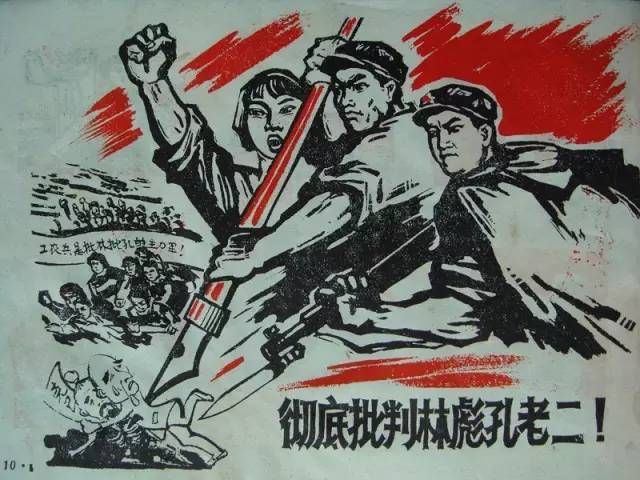
Since it is a mass movement directed by the bureaucracy, it will certainly be distorted by the capitalist-roader bureaucracy. It was originally intended to rectify the movement against the Right, but as a result, under the leadership of the local bureaucrats, it was clear that the revolutionary leftists were the first to respond, criticizing the bureaucracy and the leadership. Then the bureaucrats took the opportunity to label them rightists, saying that leaders who oppose them are leaders of the opposition party, rightists, and capitalist roaders. After putting a hat on them and persecuting them, the mass movement will not only fail to prevent the restoration of capitalism, but will also lose the strength of the revolutionary left.
Therefore, under the premise of no bureaucracy and political democracy, we must turn the mass movement into a mass movement initiated by the masses spontaneously, in which the masses take the initiative, and democratically determine how the movement develops (even if it is called by the government, It should also allow the people to have full initiative and democratically decide how the movement progresses). In conjunction with normal times, when voting in parliament, as well as through speech, assembly, association, publishing, demonstrations, strikes, and regular participation in politics, we can continue to gain political experience, improve ideological awareness, and gain the ability to participate in democratic politics. The masses may not have very good political ability at the beginning, but in this case, it is even more impossible for the vanguard to do it. They can only acquire this ability quickly in the process of their participation in politics, and the vanguard will never acquire this ability.
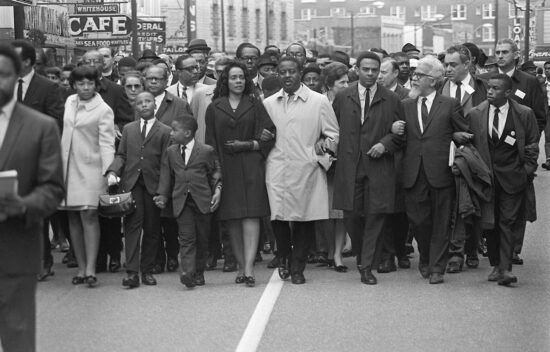
Finally, I do not mean to attack the instructor, on the contrary, he is one of the people I admire most. I used to be a Maoist, how could I maliciously attack Maoism? I also hope that the comrades who read my article will not attack me in a conditioned reflex after seeing the words "criticism of Maoism". It is okay to criticize my arguments. I also welcome everyone's criticism, but personal attacks are nothing. I mean. I also hope that everyone will be willing to take a look at what I am saying, and don’t just repeat what the instructor said, distort the meaning of my words, or attack me without reading the meaning of my words.
Criticism is not allowed, and it is 100% copied. This is indeed a very serious manifestation of dogmatism in the current left-wing movement, but it is precisely the spirit of anti-Marxism and anti-Maoism. In our age, we must naturally have ideas that are suitable for our age, because the ideas of the past are based on past experiences, and the experience summed up in specific practices in the past history cannot be directly applicable to the present. We can only create our own programme of action in the struggle of our time.
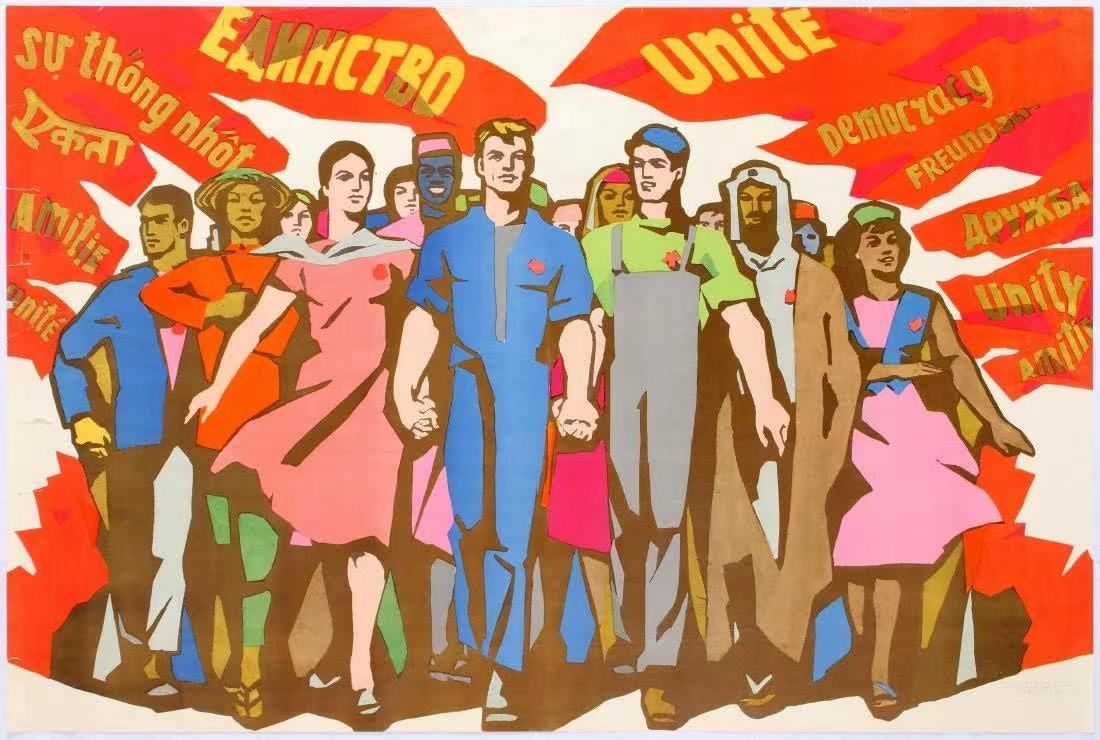
Like my work? Don't forget to support and clap, let me know that you are with me on the road of creation. Keep this enthusiasm together!
